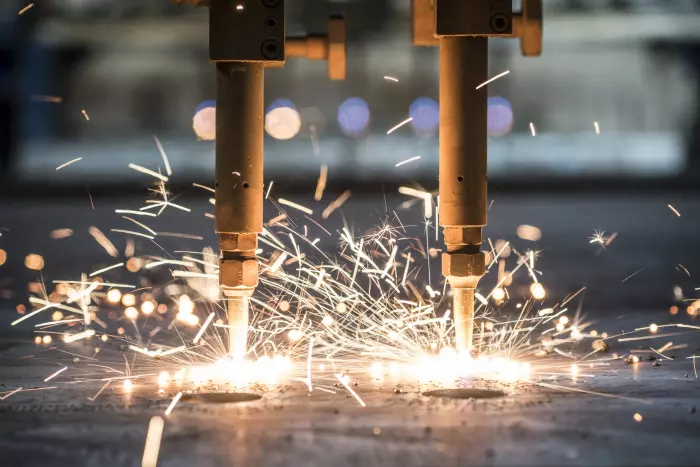It seems there is some confusion at BusinessDesk around advanced manufacturing processes and what the output looks like.
We launched the Advanced Manufacturing Industry Transformation Plan earlier this week. We see this plan as a blueprint for future growth for New Zealand and higher-paid skilled jobs.
This happens as you apply technologies to manufacturing processes broadly across our economy – think products as diverse as air conditioning units (we launched the plan at the world-leading Māngere-based aircon manufacturer Temperzone), space rockets, beds, infant incubators, storage containers, pharmaceuticals, timber and foods.
I say 'we' because the industry transformation plan is a collaboration between businesses which I represented as co-chair (hundreds of manufacturers and interested parties were involved in developing the plan), the unions and workers led by Rachel Mackintosh from the Council of Trade Unions and E tū (this is 10% of our workforce in NZ and extremely diverse across the demographics), and the Ministry of Business, Innovation and Employment's (MBIE) Paul Stocks, representing government agencies and MBIE, which coordinated the work plan.
Alpha and beta
And you might even describe the final output as a well-designed, market-tested (alpha and beta) product that was 3D printed and is fundamentally scalable across NZ industries.
Of course, I am biased in saying that but then it is also not my first stint at designing programmes that seek to, and can, positively impact businesses.
What has fundamentally helped inform the design of this plan are the proof points that we have seen in existing NZ businesses over the 18 months of this design process.
Those areas of transformation, innovation, future technologies and trends are here and being addressed already today.
They helped those manufacturing businesses continue to operate through covid, and they are helping them remain globally competitive.
Robots, artificial intelligence (AI), virtual reality, augmented reality and digital twins – all are being used by early adopter businesses on the advanced manufacturing continuum.
We don’t need a crystal ball to see the future, just a decent phone to take a video of what some businesses and workers are doing today with technology and how it is making a difference to their products and market success.
The Employers & Manufacturers Association is involved, alongside engineering and consultanting group Beca and Callaghan Innovation, in running the Industry 4.0 programme, where companies are looking at digitising and advancing their manufacturing processes and making their factories “smarter” – which has been key data for the industry transformation plan (ITP).
You can clearly see the opportunity to scale this innovation if you look closely enough.
We should be celebrating this, not downplaying it.
A careful read of the report or discussion with the participants shows what is possible with a focus across industries that share best practices and are increasingly working together.
And we need a plan to build on these early adopters, these proof points, across our economy.
So, that is exactly what we have developed – an initial two-year 20-point implementation plan in the ITP that is partly funded by government, with further funding to come from the private sector.
And an aspiration to really step change the development of advanced manufacturing through several initiatives.
Accelerate depreciation
Hopefully, these developments can be further supercharged by changes to accelerate depreciation on investments in software, hardware and the upskilling of workers.
This would enable more of our businesses, large and small, to confidently invest in the advancement of their manufacturing processes.
Changes to accelerated depreciation for investment in manufacturing would be a significant move but we have already done it elsewhere in the economy as part of the covid response, and this time it would be to cement technology platforms across our economy that enables us to remain competitive.
From where I sit, accelerated depreciation has bi-partisan political support because advanced manufacturing ticks so many policy goal boxes, including sustainability.
We will continue to advocate for this to be introduced as soon as possible, to maximise this opportunity.
There are challenges. Finding and developing the skilled workforce for these advanced manufacturers is one of those and rightly identified as such.
But we now have a tripartite agreement around some of the ways to deal with these challenges and a shared aspiration around the potential outcomes.
So, whether we are making blancmanges or satellites, we have the potential to manufacture them in a much more sophisticated way than ever before, enabling our firms to be internationally competitive because of our design, manufacturing processes and our commitment to quality, rounded out by a committed bunch of investors, owners, managers and workers.
And we have a plan with buy-in for scaling that to benefit all of us in communities across our country.
To my mind, that should taste pretty sweet.










